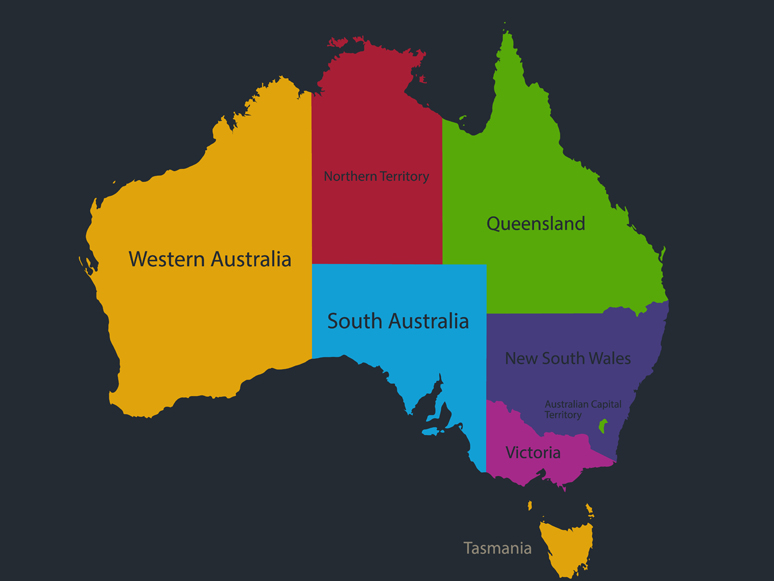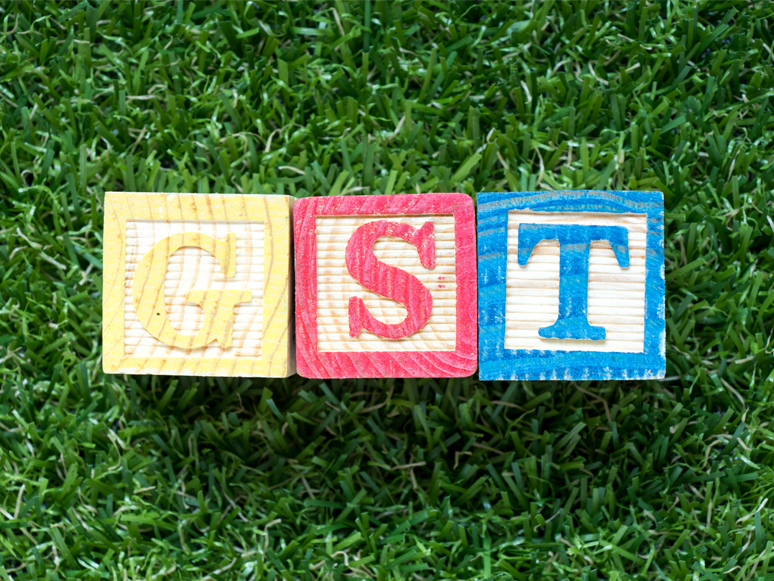logo


07th Oct, 2021

Expanded and additional support will be available for businesses affected by COVID-19 lockdowns, in the form of two grant programs:
Federal and state funded emergency support packages worth $52.8 million will be available to assist Queensland businesses suffering due to the NSW–Queensland border restrictions, and to provide targeted support to tourism and hospitality businesses facing significant hardship. These special hardship grants will be available from mid-October.
The COVID-19 Tourism and Hospitality Support Grant will be available for businesses in eligible tourism and hospitality sectors, and other sectors such as performing arts, creative artists, taxis and car rental, that have already received the COVID-19 Additional Business Support Grant.
There is also a new COVID-19 Business Hardship Grant for certain employing businesses that haven’t been eligible for previous business grant support since July 2021.
In addition, the SA government is increasing its Major Events Support Grant, to provide up to $100,000 for large cancelled or postponed events where more than 10,000 attendees were expected.
The existing Business Support Package will be boosted from $20 million to $50 million, with grants of up to $50,000 available to eligible businesses across two funding rounds.
In addition, the Tasmanian government will offer eligible tourism and hospitality industry businesses payroll tax relief, waived vehicle registration and passenger transport accreditation fees and waived Parks & Wildlife license fees. Businesses can apply immediately.
New regulations have been made to provide relief under the Commercial Tenancy Relief Scheme for small and medium-sized commercial tenants struggling with rent payments. Eligibility has been broadened, and businesses will get relief in the form of a rent reduction proportionate to the amount of turnover lost due to COVID-19.
The Victorian Small Business Commission will provide information so that landlords and tenants can negotiate an agreement, and free mediation for those who need assistance.
Land tax relief will be available to help landlords that are doing the right thing by eligible tenants, and eligible small landlords can apply for payments from a $20 million hardship fund.
WA tourism businesses impacted by COVID-19 will soon be able to apply for funding support under a new joint Commonwealth–State program. About 3,500 businesses will be eligible for grants of up to $10,000, including tourism operators, accommodation providers and travel agents.
07th Oct, 2021

If the current prolonged lockdowns and economic conditions have prompted you to sell or close your business, it’s important to be aware of the need to cancel the related GST registration within a certain period, unless your business is in a specific industry or performs a specific role.
Cancelling a GST registration will also cancel other registrations such as fuel tax credits, luxury car tax and wine equalisation tax, even if the ABN is not cancelled. If you’re registered for PAYG, PAYG instalments or have FBT obligations, you will need to keep lodging business activity statements (BASs) even if you cancel your GST registration.
While you can usually cancel your GST registration from a date you choose (which should be the last day you want your previous business to be registered), you cannot cancel the registration retrospectively if you were still operating on a GST-registered basis after that date. Similarly, if you choose a cancellation date and then continue to operate on a GST-registered basis, you will not be able to cancel the registration.
When you cancel your business’s GST registration, you’ll need to lodge any outstanding BASs and complete a final GST activity statement which should include all sales, purchases and importations made in the final tax period. This should include the sale of the business, sale of any of business assets, adjustments for any assets held after cancellation, and/or any other adjustments. If you operate on a cash basis, all the sales and purchases that still need to be attributed from a previous tax period must be recorded.
If you’re cancelling a GST registration because the business has been restructured, sold or closed, the associated ABN must also be cancelled. If a company was not restructured, sold or closed, but simply no longer carries on a business, the GST registration must still be cancelled but there’s a choice to keep the ABN registration active.
07th Oct, 2021

Employers get ready – there’ll soon be an extra step involved when it comes to hiring new employees. From 1 November 2021, employers will need to determine if a new employee has a “stapled” super fund and request the details from the ATO where a new employee has not nominated a super fund.
A stapled super fund is essentially an existing super account that is linked – or “stapled” – to an individual and follows them throughout their job changes.
Currently, when a new employee starts a new job they are eligible to choose the super fund that their super guarantee contributions will go to. If they do not choose their own fund, the super contributions will be paid into the employer’s default fund. The stapling change aims to reduce unnecessary account fees by avoiding having a new super account opened every time a person starts a new job.
To ensure you’re ready for this change, check ATO online services to confirm that your business has the required access levels. You’ll need to have the “Employee Commencement Form” permission in order to request a stapled fund.
After 1 November you’ll still need to offer your eligible employees a choice of super fund and pay their super into the account they nominate – that part of your obligations doesn’t change. However, if your employee doesn’t choose a fund, you’ll need to request the stapled fund details from the ATO. In most cases, a request can be made after you’ve submitted a TFN declaration or a Single Touch Payroll (STP) pay event linking the new employee to your business.
Responses will usually be received through the online portal in minutes. The ATO will also notify the associated employee of the stapled fund request and the fund details provided.
Remember, an employer cannot provide recommendations or advice about super to its employees, unless the business is licensed by the Australian Securities and Investments Commission (ASIC) to provide financial advice. Penalties may apply if your business fails to meet the “choice of super fund” obligations.
07th Oct, 2021

This year marks the beginning of annual performance tests on MySuper products, run by the Australian Prudential Regulation Authority (APRA). The tests were introduced as part of the Federal government’s Your Future, Your Super reforms, aiming to hold super funds to account for underperformance and enhance industry transparency. The first annual test of 76 MySuper products from various super funds or registrable superannuation entities found that 13 products failed to meet the benchmark. These products will need to notify their members of the failed test and make the improvements needed to ensure they pass next year’s test.
A new interactive online super comparison tool, YourSuper, is also now available on the ATO website and via MyGov. It displays a table of MySuper products ranked by fees and net returns (updated quarterly), and you can compare up to four MySuper products at a time in more detail.
The performance tests conducted by APRA only relate to products, which are basic super accounts without unnecessary features and fees. Registrable superannuation entities usually offer multiple products in addition to MySuper products, so don’t panic if you see the name of your super fund on the list of underperforming products. However, if you see the name of your specific product or receive a letter indicating that the fund you’re in has failed the APRA performance test, it may be time to investigate the reasons why or switch to a different product.
07th Sep, 2021

The ATO is expanding the information that businesses send through Single Touch Payroll (STP). From 1 January 2022, most employers will be required to send additional information such as the commencement date of employment and cessation date of employment for employees, their reasons for leaving employment and work type. The basic information about salary and wages and super liability information in Phase 1 of the STP rollout will also be further drilled down in Phase 2, moving away from just reporting the gross amounts.
According to the ATO, the Phase 2 report will also include a six-character tax treatment code for each employee. The code will be automatically generated by the STP software and is an abbreviated way of outlining the factors that can influence amounts withheld from payments.
STP was originally introduced in 2016 as a way for employers to report their employees’ tax and super information to the ATO in real time. Most employers, regardless of the number of their employees, were required to start reporting from 1 July 2021.
Employers with a withholding payer number (WPN) have until 1 July 2022 to start reporting payments through STP, and small employers that make payments to closely held payees are exempt from reporting these payees through STP for the 2019–2020 and 2020–2021 financial years.
While the Phase 2 increase in information will be automatically taken care of in most STP software solutions, the increased stratification of reporting may require you to pay more attention to your business’s payroll, to ensure all the information you enter into the system is correct.
07th Sep, 2021

This tax time, the ATO is again closely monitoring claims in relation to rental properties. The ATO has data-matching programs in place that collect detailed information about properties and owners for income years all the way from 2018–2019 to the 2022–2023. These programs expand the rental income data collected directly from third-party sources, including sharing economy platforms, rental bond authorities and property managers.
In the 2019–2020 financial year over 1.8 million taxpayers owned rental properties and claimed $38 billion in deductions. While most taxpayers do the right thing and are able to justify their claims, the ATO notes that over 70% of the 2019–2020 returns selected for review of rental information needed adjustments.
The most common mistake that rental property owners and holiday homeowners make is not declaring all their income, and their capital gains from selling property.
Another area of concern involves claims for interest charges on personal loans. For example, if you take out a loan to buy a rental property and rent it out at market rates, the interest on the loan is deductible. However, if you redraw money from that mortgage for personal use (eg to buy a car or pay off the mortgage of the house you’re living in), then you can’t claim interest on that part of the loan.
You should also be careful when claiming deductions for capital works. While the cost of repairs for wear and tear are immediately deductible if you’re replacing or fixing an existing item (eg a broken toilet), the cost of upgrading the property or areas of the property is considered capital works and any deductions need to be spread over a number of years.